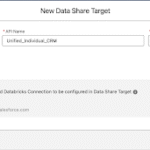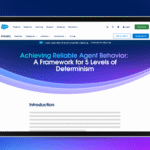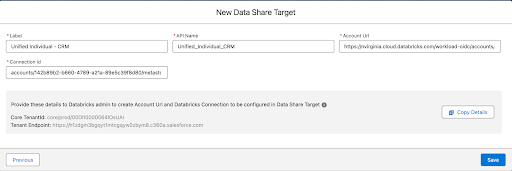Switching from traditional software to CRM is a big step. The software you implement will not only transform the way you and your team work but will also improve your business intelligence. Considering the decision, it makes sense that you would want to make the right choice and given the variety of options on the market, choosing the right one can be a daunting task. To help, our team of experts picked the top features of the Dynamics 365 platform and want to share them with you.
What is Microsoft Dynamics 365?
Designed to handle pretty much every business process imaginable, Microsoft Dynamics 365 is a comprehensive business suite. The solution is based on Microsoft Azure, a cloud computing service that allows Microsoft applications to be managed within Microsoft data-centers(note that an on-premises solution is also available).
In addition to 11 core modules, there are five CRM-type modules on the platform: Sales, Customer Service, Field Service, Project Service Automation, and Marketing. The six remaining modules are related to enterprise resource planning (ERP), talent (for HR), finance and operations, retail, mixed reality, business central (for small/medium-sized businesses), and artificial intelligence (for sales, customer service, and market insights).
All the modules integrate seamlessly with other products in the Microsoft ecosystem, enabling collaborative capabilities (for example, sharing and working on documents is possible with OneNote and OneDrive). Note: All Dynamics 365 products comply with the general data protection regulation (GDPR) and with top-notch security and data governance.
Microsoft Corporation announced the launch of an extension of Microsoft’s existing Viva product line- Microsoft Viva Sales. Microsoft Viva is a platform that offers a combination of various features, such as a learning platform, a space for connecting and sharing internal information between members of the sales team, communication, and insights to improve the employee experience.
Scalable Applications
In Microsoft Dynamics 365, features are divided into modules. Each module comes with several add-on ‘apps’ available for purchase individually to add more functionality. This gives your business the opportunity to mix and match a combination of products as your business needs grow.
Seamless Integration
Because Microsoft Dynamics uses a common data model, third-party integrations are relatively easy too. With Microsoft AppSource and PowerApps, you can download a vast range of apps for your business or create custom in-house solutions using a low-code approach. Dynamics 365 also integrates with Office 365, Flow, and Power BI. AppSource offers more than 1,000 app integrations – this number is growing every day and PowerApps allows you to build low-code solutions.
Cost
The flexible pricing structure of Microsoft Dynamics 365 encourages initial adoption and incremental expansion. After the purchase of the first module/app, you then receive a discount on subsequent purchases. Additional apps can also be added (or removed) as your business requirements change.
Security
Security at Microsoft involves technologies, operational procedures, and policies that comply with the latest global standards and can adapt quickly to industry-specific security trends. Data access can be effectively controlled across your organization using role-based, record-based, and field-level security options. Ensure data access permissions are set up for collaborative projects so only those who need it can access it. Azure Key Vault allows administrators to manage database encryption keys themselves and comes with standard data encryption.
Business Intelligence
The Business Intelligence (BI) features in Microsoft Dynamics 365 simplify adopting AI features through seamless interfaces, guidance, and integration. With BI, you can unify work processes, gain insights into customer relationships, and drill down into data to gain usable information. Dynamics 365 provides intelligent tools that enable every group to solve problems and make decisions independently.
The choice between what data management software to pick comes down to personal taste and the needs of your business. CRM tools such as Microsoft Dynamics are designed to custom fit your business requirements, and all your business processes can be comprehensively improved with Dynamics 365’s expansive platform. In the end, you will need to determine your specific business needs to understand whether to implement either/or.
Our recommendation? Consider the pros and cons of your platform choice before deciding and let us help if you have questions.
Give us 15 minutes of your time to answer any questions you might have.











